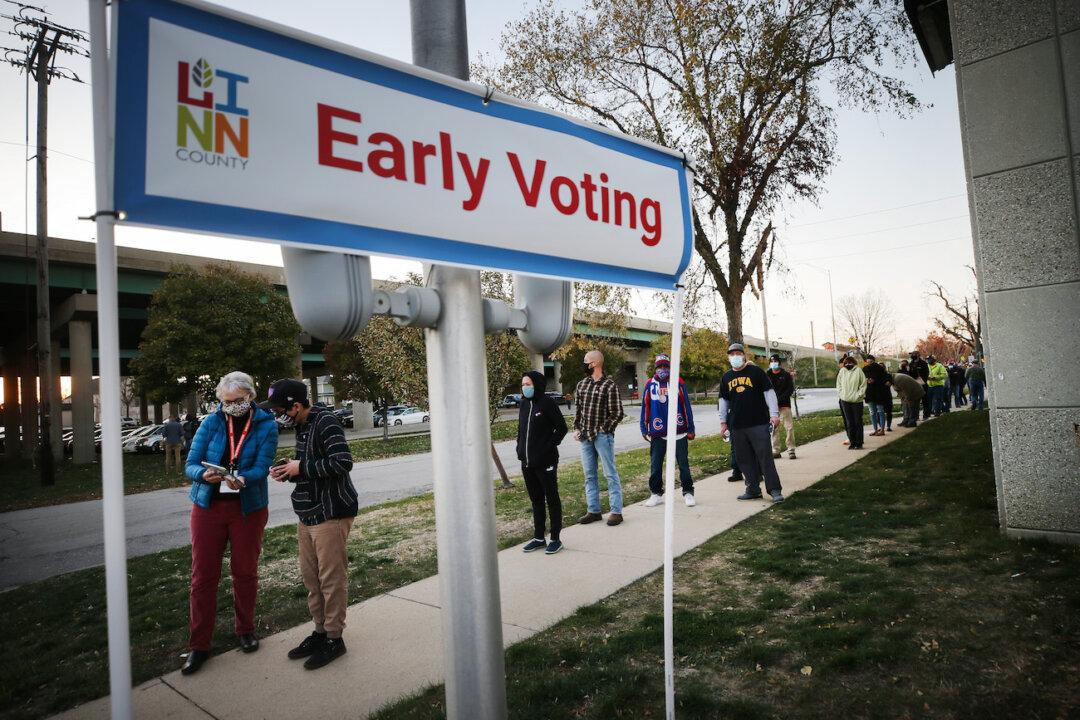In the latest weigh-in by corporate America on election reform efforts, 200 companies—including PayPal, Dow, Microsoft, and Uber—have signed a joint statement signaling their opposition to bills that critics claim impose unfair barriers to voting and whose proponents say make elections more secure.
“There are hundreds of bills threatening to make voting more difficult in dozens of states nationwide,” says the statement by senior executives at corporations that also include Estee Lauder, HP, LinkedIn, and Levi’s.





